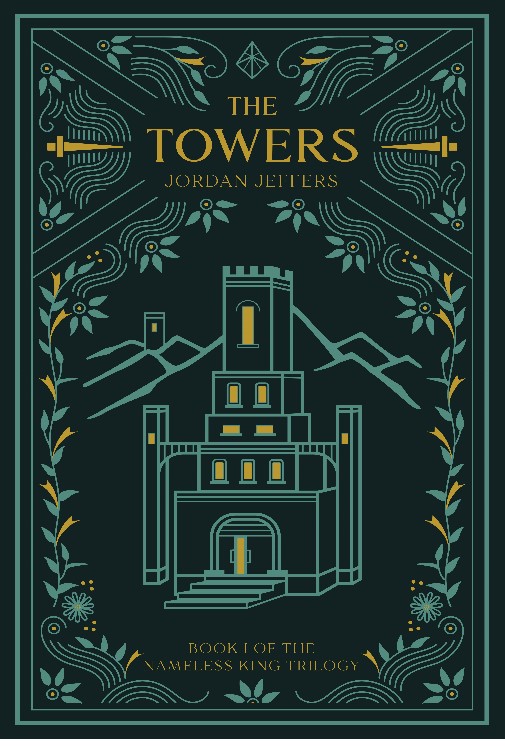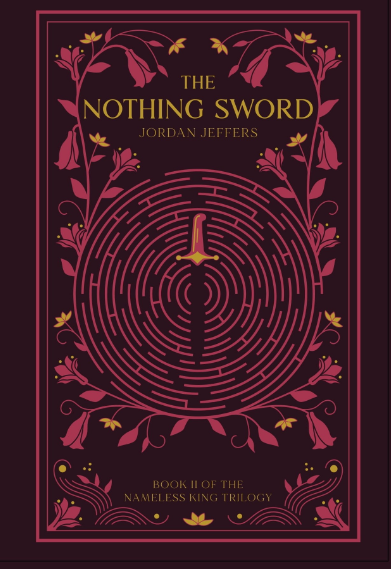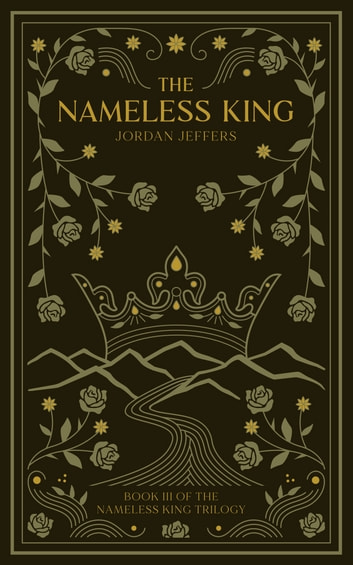This documentary in one tweet
Science & a lot of happy folks prove that happiness comes from every cliche you ever heard about happiness. #friendships #service #gratitude
Favorite quote
"We pick the people up from garbage dumps and railways station platforms, and admit them into home, and then, with basic medical care, we try to save their lives. But the most important is to show them that they are loved by God; they are not forgotten, that their life is precious, that someone cares... For me, my life is like a loan given from God, and I will give this loan back, but with interest." - Andy Wimmer, volunteer at Mother Theresa Home for the Dying and former banker.
Review
I've titled this series "Netflix documentaries you've been meaning to watch" because when we first got Netflix, I would often scroll through the list of documentaries and say things like, "Oh that looks cool," and "Hmm, I bet this would be interesting," and "Seriously, there's a whole documentary devoted to sushi?" But in the end I always ended up watching another rerun of Parks and Rec or Battlestar Galactica instead, playing Temple Run 2 on my wife's iPhone.
So part of the reason I write these reviews is to force myself to watch the documentaries, and to force myself to think about them. The other reason, of course, is to provide a public service to the Internet that hundreds of other websites are already providing much better. The only reason you'd come here to read a review is if you are my wife, my mother, or one of my third through sixth biggest fans. (By the way, the position of seventh biggest fan is available; send me a Facebook message to apply)
So here's my review: This documentary is awesome. You should watch it.
It's awesome for two reasons. One, it explores the lives of a bunch of happy people, from Ronaldo Fadul, a Brazilian surfer who lives on a shack on the beach, to Ushi Okishima, a 106-year-old woman living in Okinawa, who still drinks sake every night before bed. Just seeing all these people smile and enjoy life makes you enjoy life more, too. There's a lot of cynicism in our world, especially since much of our world is now lived on the Internet, and Happy cuts through all that negativity like a clean summer breeze.
The second reason it's awesome is that it gives a pretty good overview of positive psychology, a relatively new branch of science that basically studies happiness. You're never going to guess what they've discovered makes people happy:
- Strong relationships
- Variety
- Service and love of others
Oh wait, forgive me. You totally could have guessed that. That's what people have been telling you from childhood. You know what doesn't make you happy? Wealth, social standing, power. Oh you knew that already, too? Well now we've got proof of it, or what constitutes proof in the world of psychology.
The coolest thing about this science is the way it demonstrates how much control we have over our own happiness. About 50% of our happiness "baseline" is genetic, that is, all other things being equal, my happiness will differ from yours based on genetic factors. About 10% of our happiness comes from our circumstances, how much money we have, what successes or failures we've had in our lives, etc. It's the other 40% that's within our control, that depends on our conscious choices to help others, make and nurture relationships, and think positively about our lives.
What this movie does more than anything is inspire you to take control of that 40%, and bring more happy into the world. Because - here's another shocker - the happier you are, the happier everyone else is too.
Rating
10 cold, frosty beers (out of 10)
Watch this documentary. Just do it. If you don't have Netflix, come over to my house, and we'll watch it together. It will cheer you up. And then, the next time you're feeling down, fast forward to the part with all the little Japanese kids running. The sight of small children running is one of God's greatest blessings.
Jordan Jeffers is always the happiest when he is somewhere beautiful, reading a good book next to his wife. Feel free to give him electronic encouragement via the little Facebook and Twitter buttons below. It means more to him than you might think.



